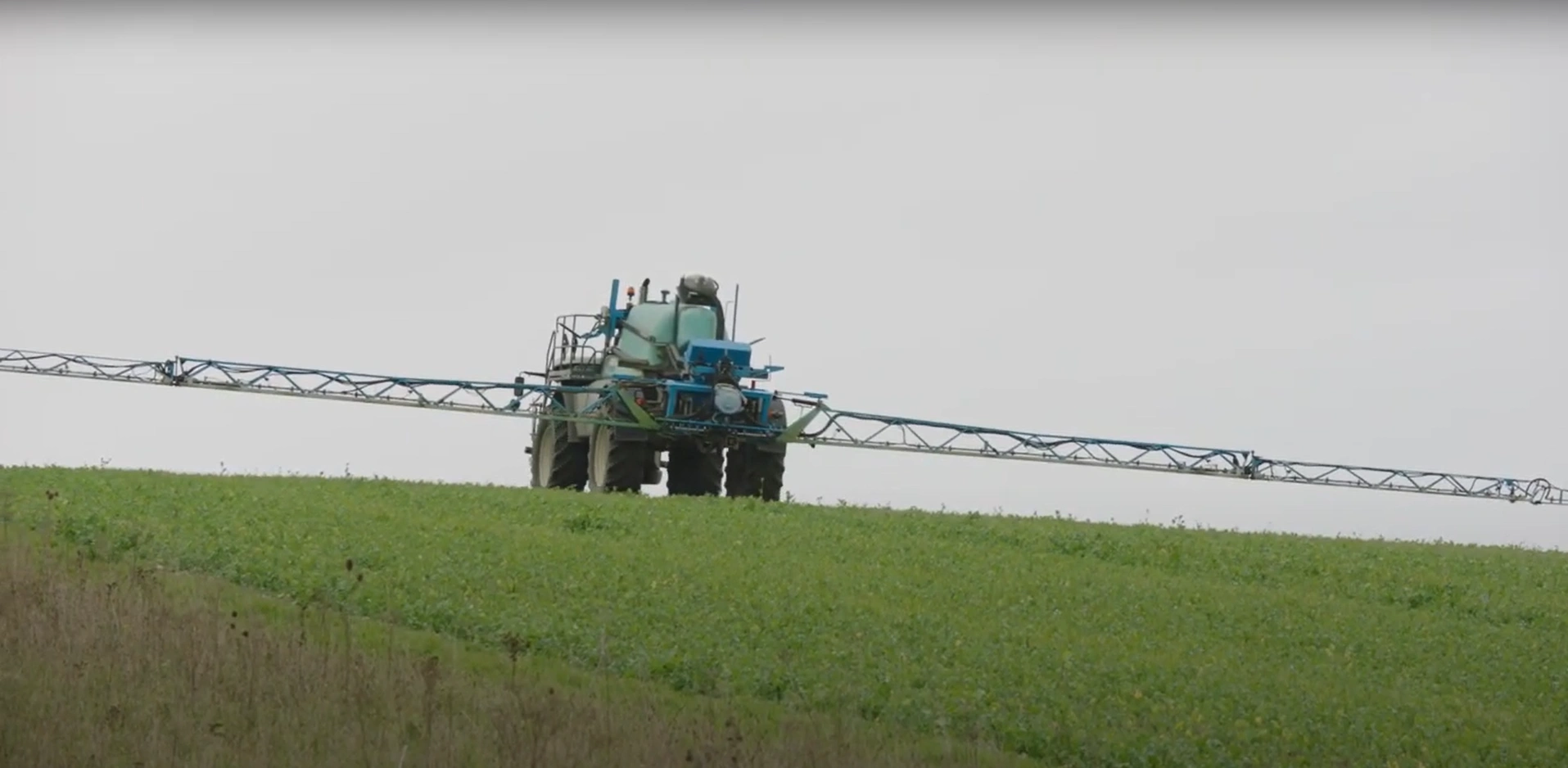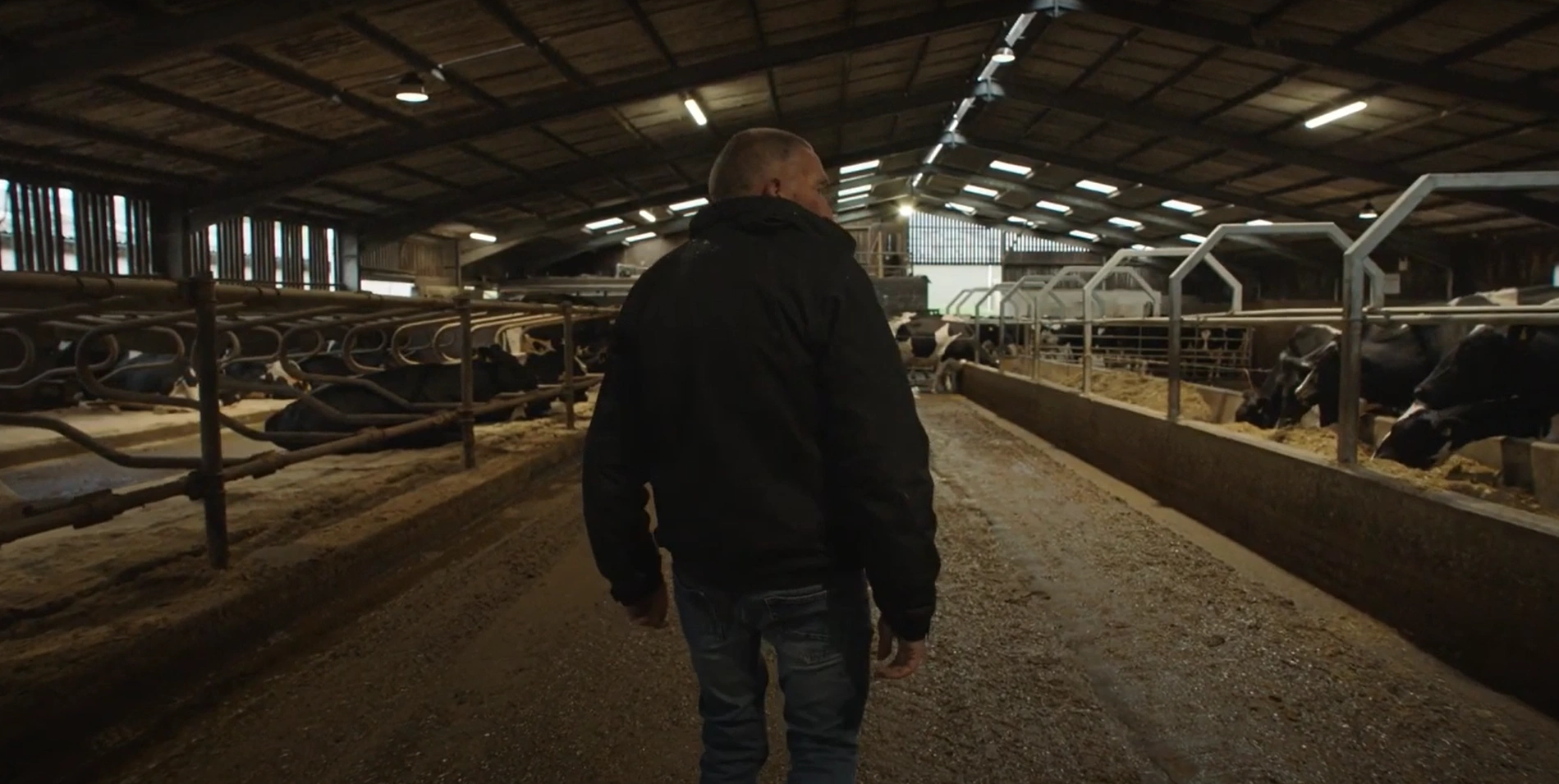Picture the scene: you’re walking along a pebbled beach with turquoise waters lapping at your toes. You look up and see the morning sun pouring through a natural limestone arch.
It’s Monday morning on the Jurassic Coast near Lulworth in Dorset, England, and you’ve popped out for a quick walk before you log on and start your working week.

Durdle Door, one of the Jurassic Coast's most iconic landscapes
Sounds idyllic, doesn’t it? Until recently, poor network coverage and limited jobs in rural areas like Dorset made remote working from England's most beautiful locations almost impossible. But now, as COVID-19 has prompted businesses to open up flexible working options to their staff, more and more people are being tempted away from the cities and towards rural areas.
“In the space of 30 years, we’ve gone from people simply wanting to make telephone calls on a mobile network to people wanting to run their businesses properly,” says David Savage, the CEO of Excelerate Technology, which forms part of the consortium project that is delivering major advancements in coastal connectivity in Dorset.
As part of this initiative, Vodafone UK is working to bring 5G mobile coverage to the rural communities near Lulworth Cove. This will be a great boost to the half a million tourists who visit the site every year – but it will also help nurture new businesses and support locals as they go about their everyday lives.
Vodafone UK will soon be opening a 5G innovation hub in Winfrith, a village and civil parish in Dorset, to encourage local companies to develop and test digital products and services together. Inspired by the Salford hub, which is providing entrepreneurs with the connectivity they need to grow their businesses, the facility will give workers access to 5G connections, internet of things (IoT) technology, and satellite links.
And it’s not all about start-ups. 5G-connected sensors are allowing farmers to monitor their crops more closely, helping them use fertiliser and water more efficiently, while autonomous drones tend to the crops.
“It’s easier to make day-to-day decisions when you’ve got the data at your fingertips, rather than having to go field walking and trying to figure out where the problems are,” says Mike Donnachie, a Farm Manager at Ranston Farms. “The information’s now transferred via 5G, and that’s going to be a big benefit for the future.”

Agricultural machinery at Ranston Farms, Dorset
As consumers become more conscious about the sustainability credentials of the food they eat, 5G-powered agritech can help farmers ensure their operations are as environmentally friendly as possible. David Cotterell, Farm Manager at Kingston Maurwaud College, teaches young farmers how technology can help them meet changing consumer expectations. “It’s really important to prepare students for the future of farming,” he explains. “Any technology that we can use to make the industry more efficient will give consumers the confidence that we’re doing a really good job with the food we produce and looking after the countryside."

David Cotterell, Farm Manager at Kingston Maurwaud College
From growing the world’s first robot-grown field of wheat to inspiring a new generation of businesses, Dorset is leading the way for rural areas all over the world to follow. See how a 5G-powered future will transform rural Dorset.

























